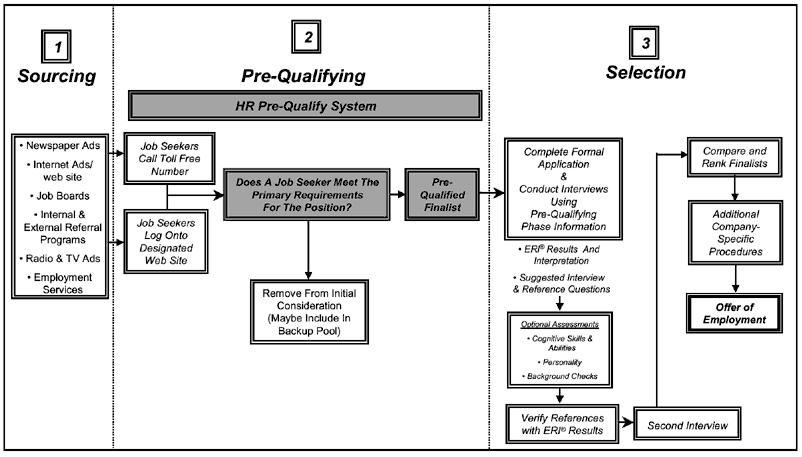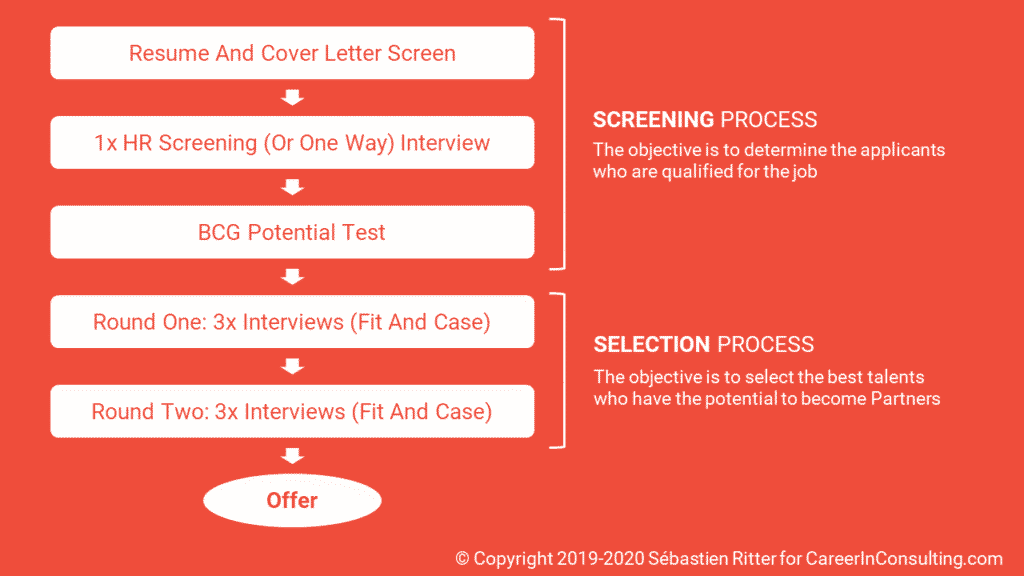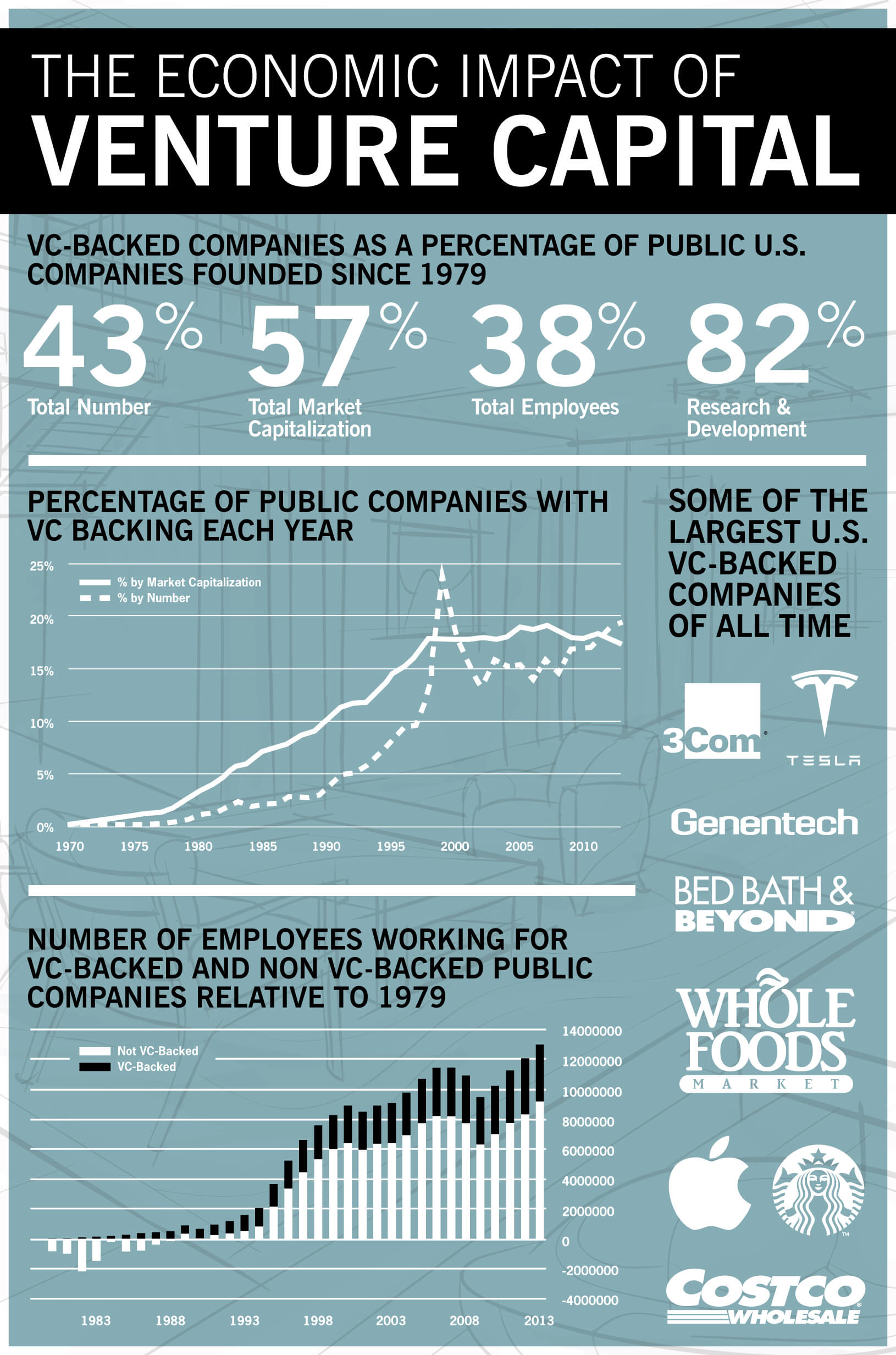

In most foreign countries, employers hire graduates through ongoing process. As a result, even if they succeed in getting a job, they are likely to be unsatisfied with their job or company and change jobs shortly.

Also, because most graduates follow shotgun approach when they apply, they don’t usually focus on what they really want and don’t know what company is fit to them most. Therefore, with Gongchae process, it is almost impossible to evaluate one’s potential and capacity in appropriate manner. Graduates cannot use same form of resume or CV to reduce time, because every employer requires submitting several essays on specific questions, vary from company to company. Since Gongchae is performed only a few times a year, competition of employment is extremely high so that recruiters should review thousands of applicants within limited time. First of all, Gongchae requires massive resources to run. However, there are many downslides with Gongchae process to be applied in these days. In Korea, Gongchae is a dominant hiring practice to hire graduates in entry position. Thus, in this process hiring can occurs anytime with variable number of employment. The other one is ongoing employment that hires new employees whenever new hiring needs exist. First one is a regular employment, so called ‘Gongchae’, which is generally performed twice a year with a pre-determined number of new hires. In Korea, entry positions are mainly filled with two different hiring processes. You may wonder how Korean employers hire graduate students to fill up the entry position. Pains resulted from inefficient hiring process Eventually, the longer they seek for job, the more financial burden they should afford. Graduates are so desperate to get a job that they are forced to spend a lot of money not to fall behind by other.

Nevertheless, they cannot help but spending money to have better qualifications in job market, such as language skill and certificates. This cost is quite large to impose financial burden to graduates since they don’t have a stable income source in general.

KEIS (Korea Employment Information Service) stated that the average cost of college graduate student spent about KRW 5.1 million to get a job. Those most of unemployed graduates who failed to find job remain as job seeker waiting for the next hiring season.įailure of employment aggravates pain of graduates not only mentally but also financially. According to KEF (Korea Employers Federation), it is said that competition rate of entry level positions for graduates reached to 32.3:1, meaning that only three out of 100 get a job after graduation. Youth unemployment is significantly high in Korea. Today, however, youth regard job as big challenge and just a beginning of misery. You see, originally, ‘job’ is a necessary part of life that enables youth to have a hope and to move forward. Achieving independence from parents and school, they pioneer own life and feel sense of accomplishment. Young people who start the first career acknowledge their value in society through work. Korean graduate student under extreme pressure for employmentįor youth, job is like a ladder makes their dreams come true and a means of living.


 0 kommentar(er)
0 kommentar(er)
